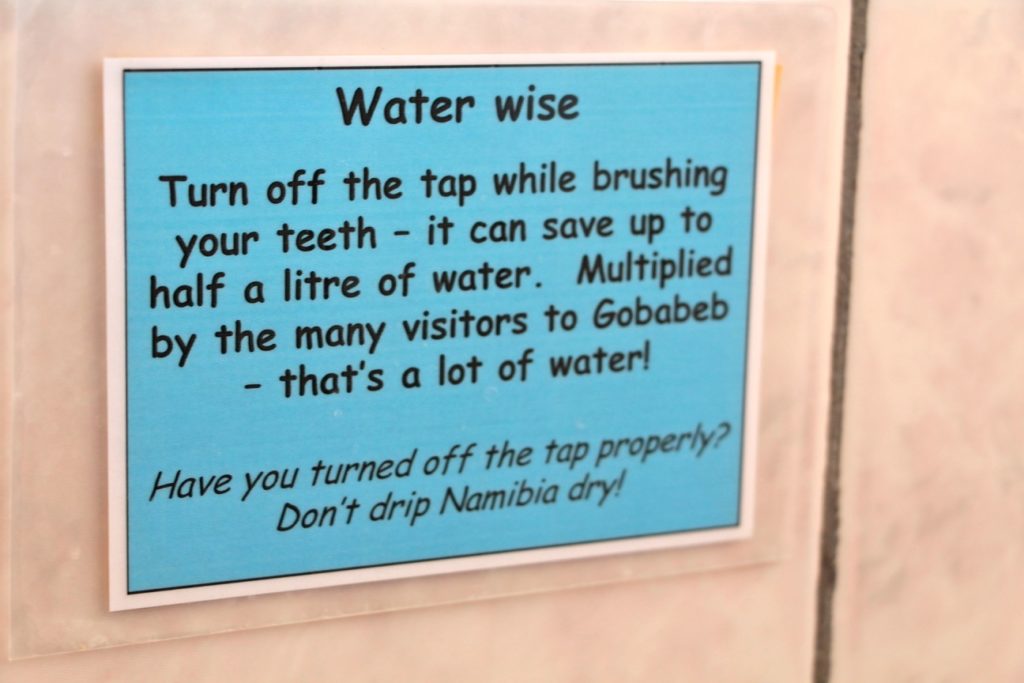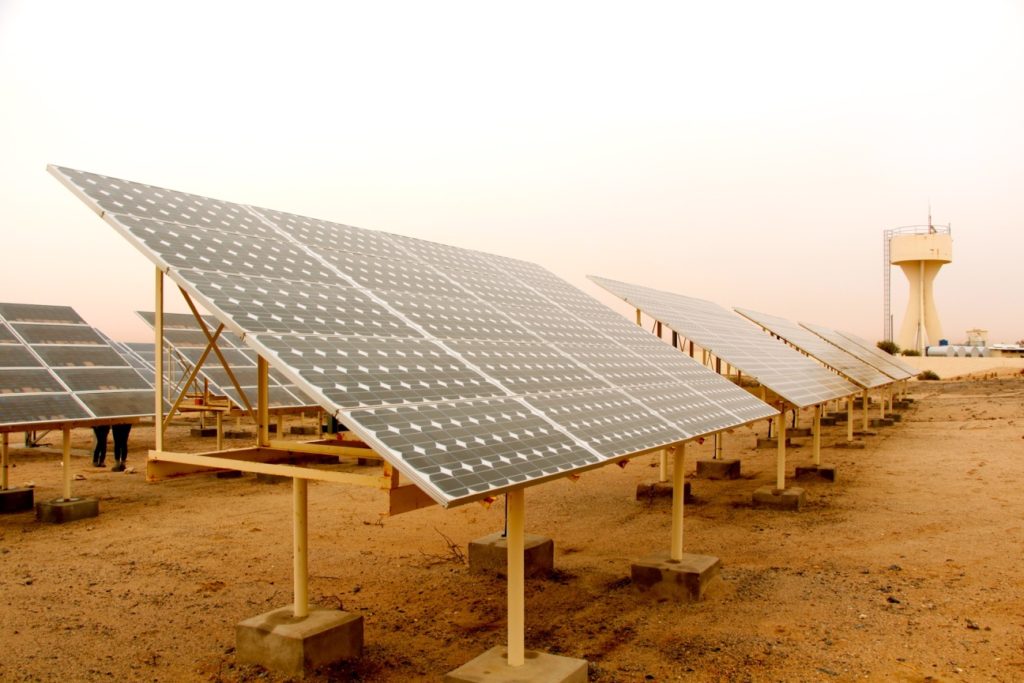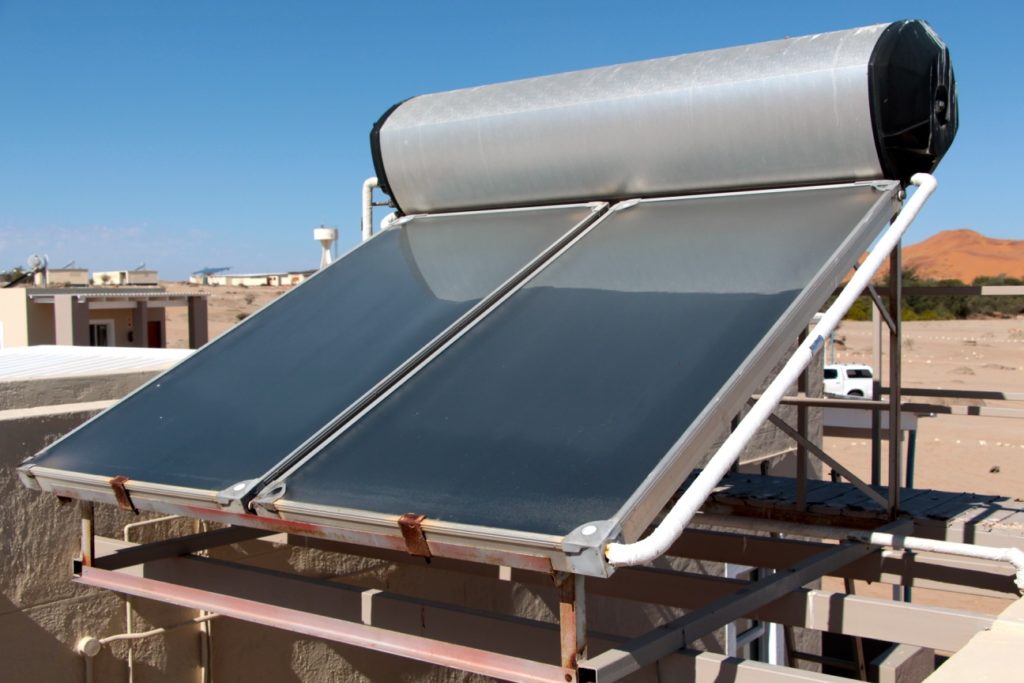The negative effects of the depletion of natural resources can be seen throughout the world. Nations are realizing that their natural resources are being used faster then they can be replenished. In the United States, Texas, Colorado and California are examples of states that are experiencing water shortage due to excessive usage according to Shannyn Snyder. These states, like many others, have implemented water conservation policies in efforts to accommodate the shortage. However, the United States is not the only nation who is faced with such issues. Namibia, a nation in southwest Africa, has also had to address the depletion of their natural resources such as fossil fuels and water.
As I travel and learn more about Namibia I have personally experienced what it is like to live in a nation where preservation is top priority. For example, showers in Namibia are much different then what they are like back in the states. It might sound petty, but when you are use to showering for 15 minutes in warm water versus only being able to shower for 5 minutes before your water turns ice cold. You learn exceptionally fast what it means to conserve what you have. When I first experienced cold water my reaction was to blame it on a broken water heater but I was later astonished to realize there was more to the story then I initially thought.
Bernd Schneider said the reasoning behind little warm water for showers is due to the need to conserve energy. Namibia has accepted and implemented the usage of solar water heaters and solar plants to reduce the depletion of their natural resources such as fossil fuels. Homeowners, lodges and government buildings throughout Namibia use solar water heaters to help conserve energy. According to the Namibian Engineering Corporation website the solar heaters save 50% to 80% of the water heating energy consumption. They also reduce 3.2 tons of CO2 emissions every year. Namibia, a primarily desert nation, takes advantage of advances in technology to use what they have in order to produce what they need.

Signs in bathrooms remind users to conserve water and to not drip Namibia dry.
Preservation of water in Namibia is also a concern. Many policies have been set in order to keep water usage regulated. Nam Water suppliers delegate water to municipals that in turn supplies water to consumers. The Windhoek Express website explains how 50 cubic meters of water is allowed per household and if those limitations are exceeded a fine is issued. It’s regulations like this that allows for the preservation of natural resources. Outside of Windhoek water conservation is also being addressed. We met a farmer by the name of Jimmy who has an advanced irrigation system in use. When we visited his farm, I was amazed to see that there was not any runoff. Jimmy explained to us that he uses a precise amount of water in order to water his plants while not wasting any. Though these policies can be uncomfortable for people, Jimmy proves that preservation can be done.
The depletion of natural resources is an issue that is not only effecting Namibia and the United States but surrounding countries as well. I can’t point to one solution and say that it will solve the problem, but I believe that if nations were to start thinking regionally and sharing what they have excess of it could solve some issues. For example, Namibia is a desert with vast open space for solar energy, South Africa, Namibia’s neighboring country, produces energy from a dam. Sharing their resources would further help preservation.

Solar panels produce energy for Gobabeb throughout the year in efforts to conserve energy and reduce the depletion of fossil fuels.
Although many people will have to sacrifice comforts, decisions need to be made to help conserve natural resources for future generations to enjoy. Individuals need to work together as a team and communicate with each other to solve the problem of resource depletion. Leaders need to widely implement solar plants and water conservancies. I believe if governments and leaders were to professionally contribute without greed, corruption of money, or fear we will see our goals of preservation come to fruition.
